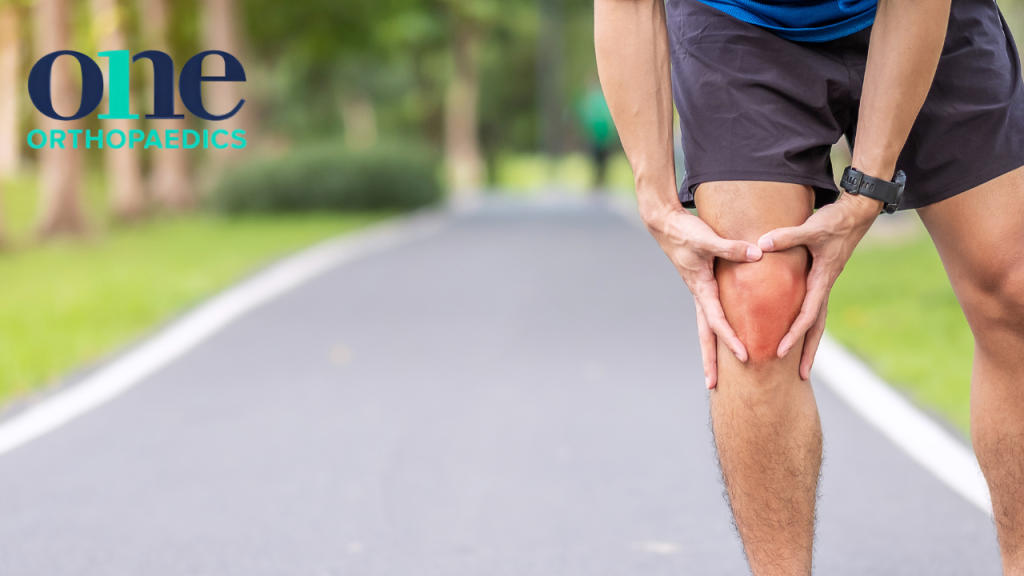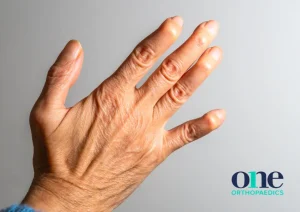Knee injuries remain one of the most common reasons patients seek care from orthopaedic clinics, especially among active individuals and sports enthusiasts. Whether you are recovering from a fall, a sports-related incident, or experiencing pain that has developed gradually, understanding the nature of a knee ligament injury is key. For patients in Surrey, access to expert-led orthopaedic care can make a substantial difference to both short-term recovery and long-term joint health.

What Is a Knee Ligament Injury?
The knee joint relies on several key ligaments to provide strength, support and stability. These include the anterior cruciate ligament (ACL), posterior cruciate ligament (PCL), medial collateral ligament (MCL) and lateral collateral ligament (LCL). A knee ligament injury occurs when any of these ligaments are overstretched, partially torn, or completely ruptured.
Injuries may result from awkward landings, sharp twisting motions, direct impact, or rapid changes in direction, common scenarios in sports like football, skiing, and basketball. Some patients also present with associated knee injury soft tissue damage, which may involve surrounding muscles, tendons or cartilage structures such as the meniscus.
Repeated strain, insufficient warm-up, poor biomechanics or underlying conditions like arthritis can also increase vulnerability to ligament damage.
Signs and Symptoms of a Knee Ligament Injury
Recognising early symptoms of a knee ligament injury can lead to quicker diagnosis and treatment. Common indicators include:
- Sudden or gradual onset of pain in the knee
- Swelling or puffiness around the joint, often appearing within hours
- A popping sensation at the time of injury
- Sensation of the knee giving way or buckling
- Inability to fully straighten or bend the leg
- Pain located at the back of the knee or below the knee, depending on which ligament is affected
Some patients may also experience bruising, tenderness, or warmth around the injured site. In more complex cases, additional signs such as joint locking or clicking can signal damage to both ligaments and cartilage.
How to Test for Knee Ligament Injury
While only a clinical diagnosis can confirm a knee joint ligament injury, there are simple ways to assess the severity at home. You might notice difficulty bearing weight, changes in stability between legs, or a limited range of motion.
For a reliable diagnosis, particularly if symptoms persist, it is important to book a consultation with a specialist who can carry out a thorough physical examination and imaging, such as an MRI scan.
Knee Ligament Injury Treatment Options
At our orthopaedic clinic in Surrey, treatment for knee ligament injuries is tailored to each patient’s needs, activity level and type of injury. Non-surgical management may be suitable for partial tears or low-grade sprains and typically includes:
- RICE protocol (rest, ice, compression, elevation)
- Physiotherapy to restore strength and flexibility
- Bracing to support the joint during healing
- Anti-inflammatory medication to reduce swelling
For patients with a complete knee injury torn ligament, or for those who remain active in sport, surgery may be necessary. Our consultant surgeons perform advanced ligament reconstruction procedures, often using keyhole techniques for reduced recovery time.
We also support recovery from associated injuries such as meniscus injury knee support, with a comprehensive rehabilitation programme designed to rebuild joint strength and stability over time.

Knee Ligament Injury Treatment Options
Each ligament has a distinct function, and the treatment varies accordingly:
- ACL injuries are among the most common and often require reconstruction in younger, active individuals
- MCL injuries typically respond well to bracing and physiotherapy
- LCL and PCL injuries, while less common, can result from high-impact trauma and may require more complex intervention
Understanding which structure is damaged helps inform both the short-term approach and the long-term management plan.
Why Patients in Surrey Choose Our Orthopaedic Clinic
Our specialist-led clinic in Surrey is equipped to provide high-quality care for all types of knee injuries, from simple sprains to complex multi-ligament reconstructions. We offer:
- Consultant-led clinics with specialist knee surgeons
- On-site diagnostic imaging including MRI, ultrasound and X-ray
- Bespoke treatment plans that prioritise your goals and activity level
- Access to highly experienced physiotherapists for seamless rehabilitation
- A patient-first approach that ensures support at every step of recovery
Whether you are facing a knee ligament injury, knee injury soft tissue damage, or you are unsure how to test for knee ligament injury, we are here to guide you from first assessment to full recovery.
Book a Consultation in Surrey
If you are experiencing symptoms of a knee injury, we strongly advise early assessment to prevent further damage and accelerate healing. Our expert orthopaedic surgeons in Surrey are ready to help you return to the lifestyle and activities you enjoy most. Book your consultation today and take the first step towards lasting knee health and improved mobility.




